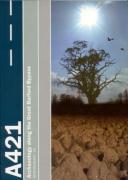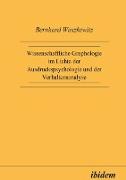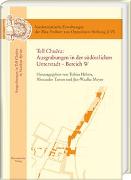Settlement on the Bedfordshire Claylands
BücherAngebote / Angebote:
Excavations at nine sites along the route of the Great Barford Bypass provided a rare opportunity to investigate an extensive area of the South Midlands claylands, a landscape that has hitherto seen little archaeological work. The excavations produced evidence for the long-term development of the social landscape, agrarian economy and environment of the area from prehistory to the Middle Ages. Sporadic occupation took place during the Neolithic and Bronze Age, with systematic colonisation first occurring in the later Iron Age. One of the four excavated Iron Age settlements showed striking ritual activity, including what is believed to be the first conclusive evidence for the long-term curation of human bone within Iron Age Britain. In the Roman period, two of the settlements continued to be occupied and two new sites were founded. Associated features included pottery kilns and cremation and inhumation cemeteries. Early Saxon activity was also present at one of the Roman sites. A new settlement pattern appeared in the late Saxon/early medieval period, with the establishment of three farmsteads or hamlets, all of which were abandoned by the 13th century. The implications of the evidence for our understanding of the archaeology of the wider region are fully discussed.
Folgt in ca. 15 Arbeitstagen




